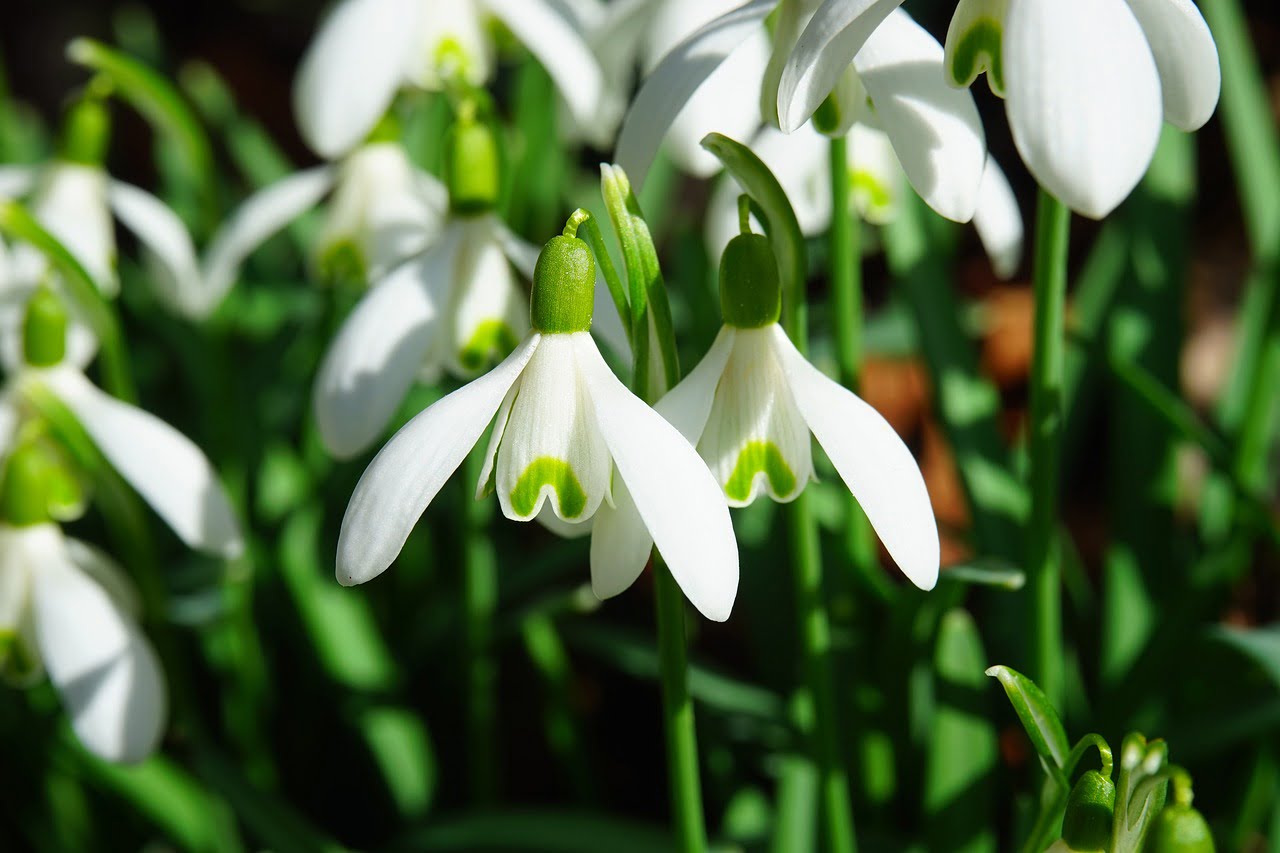
Galanthus and Planting: A Comprehensive Guide
If you’re a gardening enthusiast or someone looking to enhance the beauty of your outdoor space with the delicate charm of Galanthus, commonly known as snowdrops, you’ve come to the right place. In this comprehensive guide, we will delve into the world of Galanthus and explore everything you need to know about planting and caring for these enchanting flowers. Whether you’re a seasoned gardener or a beginner, our step-by-step instructions and expert tips will help you cultivate a thriving Galanthus garden.
Table of Contents
- Introduction to Galanthus
- The Allure of Snowdrops
- Preparing Your Garden for Galanthus
- Selecting the Perfect Location
- Soil Preparation
- Choosing the Right Bulbs
- Planting Your Galanthus
- Best Time to Plant
- Planting Depth and Spacing
- Caring for Young Shoots
- Galanthus Care and Maintenance
- Watering
- Mulching
- Fertilizing
- Pests and Diseases
- Dividing and Propagating Galanthus
- When to Divide
- Steps for Successful Division
- Galanthus in Different Landscapes
- Woodland Gardens
- Container Gardening
- Naturalizing in Lawns
- Galanthus: Symbolism and Folklore
- Historical Significance
- Superstitions and Legends
- Conclusion
Introduction to Galanthus
The Allure of Snowdrops
Galanthus, commonly known as snowdrops, are small, bell-shaped flowers known for their delicate beauty and early spring bloom. These charming white blossoms are often the first signs of life in the garden after a long, cold winter. Snowdrops symbolize hope, renewal, and the promise of warmer days ahead.
Preparing Your Garden for Galanthus
Selecting the Perfect Location
Before you plant your snowdrops, it’s essential to choose the right location in your garden. Snowdrops thrive in partially shaded areas with well-draining soil. They can be planted under deciduous trees or along the edges of woodland gardens to create a stunning visual display.
Soil Preparation
Galanthus prefer moist, humus-rich soil. Improve your soil’s quality by adding organic matter, such as compost, to enhance moisture retention and drainage.
Choosing the Right Bulbs
Select high-quality Galanthus bulbs from reputable sources. Healthy bulbs will produce robust plants and ensure a successful garden.
Planting Your Galanthus
Best Time to Plant
Plant your snowdrops in the early fall, ideally in September or October. This timing allows the bulbs to establish roots before the onset of winter.
Planting Depth and Spacing
Dig small holes about 2-3 inches deep and space your bulbs 3-4 inches apart. Planting in clusters or drifts will create a visually appealing effect.
Caring for Young Shoots
Once your snowdrops emerge in early spring, keep the soil consistently moist. Mulching can help retain moisture and suppress weeds around your Galanthus.
Galanthus Care and Maintenance
Watering
Snowdrops require regular watering, especially during dry spells. Water deeply to encourage root development.
Mulching
Apply a layer of mulch to protect your snowdrops from extreme temperature fluctuations and to conserve moisture.
Fertilizing
Fertilize sparingly with a balanced, slow-release fertilizer in the early spring to promote healthy growth.
Pests and Diseases
Keep an eye out for pests like aphids and slugs. Promptly address any issues to prevent damage to your Galanthus.
Dividing and Propagating Galanthus
When to Divide
Every few years, divide your snowdrops to prevent overcrowding and enhance blooming.
Steps for Successful Division
Gently lift the clumps of bulbs after they have finished flowering, separate them into smaller groups, and replant them in their desired locations.
Galanthus in Different Landscapes
Woodland Gardens
Create a magical woodland garden by planting Galanthus beneath the canopy of deciduous trees. Their white blooms will stand out against the brown leaf litter.
Container Gardening
Galanthus can thrive in containers, adding a touch of elegance to your patio or balcony.
Naturalizing in Lawns
For a more natural look, plant snowdrops in your lawn, allowing them to spread and create a meadow-like appearance.
Galanthus: Symbolism and Folklore
Historical Significance
Throughout history, snowdrops have symbolized purity and the hope of new beginnings. They have been featured in literature, art, and folklore for centuries.
Superstitions and Legends
In some cultures, snowdrops are associated with superstitions and legends. They are believed to possess protective properties and ward off evil spirits.
Conclusion
Incorporating Galanthus into your garden can bring a sense of enchantment and renewal to your outdoor space. These resilient and beautiful flowers are a testament to the beauty of nature’s awakening after winter’s slumber.
FAQs
- When is the best time to plant Galanthus?
- The ideal time to plant Galanthus is in early fall, typically in September or October.
- How deep should I plant Galanthus bulbs?
- Dig small holes about 2-3 inches deep and space your bulbs 3-4 inches apart.
- Do Galanthus require a lot of water?
- Yes, Galanthus require regular watering, especially during dry spells.
- Can I plant Galanthus in containers?
- Absolutely! Galanthus can thrive in containers, adding beauty to your patio or balcony.
- Are there any superstitions or legends associated with Galanthus?
- Yes, in some cultures, Galanthus are believed to possess protective properties and ward off evil spirits.